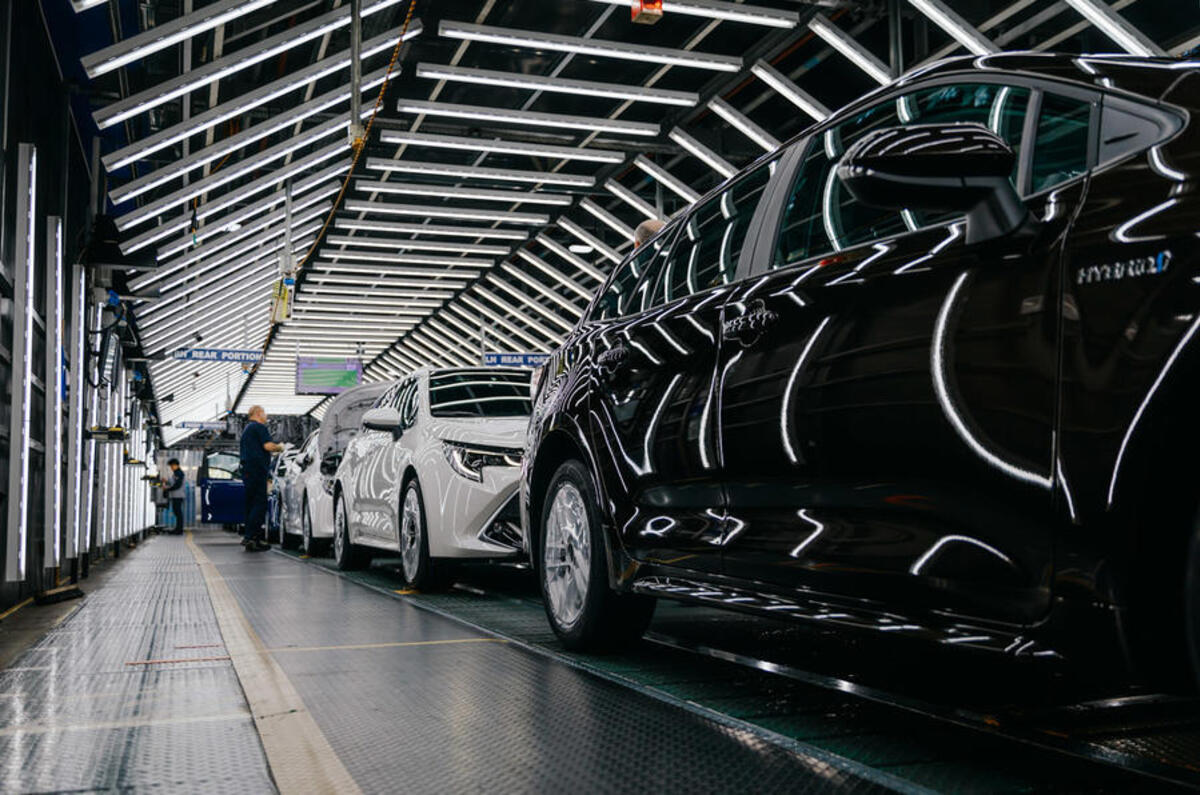Toyota is pinning its hopes on the high percentage of zero-emission driving performed by its hybrids to persuade the UK government to allow the company to keep selling them here after 2030, head of UK manufacturing Richard Kenworthy has said.
The government has said only combustion-engined cars with a “significant zero-emission capability” can be sold in the UK after 2030 until the end of 2034, but it has yet to define what that means.




Add your comment